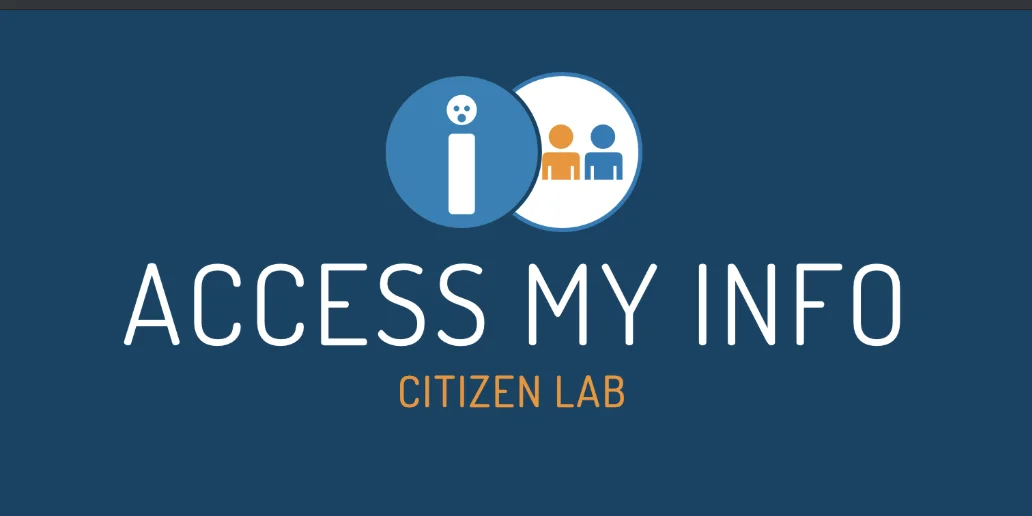PAPERWALL: Chinese Websites Posing as Local News Outlets Target Global Audiences with Pro-Beijing Content
A network of at least 123 websites operated from within the People’s Republic of China while posing as local news outlets in 30 countries across Europe, Asia, and Latin America, disseminates pro-Beijing disinformation and ad hominem attacks within much larger volumes of commercial press releases. We name this campaign PAPERWALL. We attribute the PAPERWALL campaign to Shenzhen Haimaiyunxiang Media Co., Ltd., aka Haimai, a PR firm in China based on digital infrastructure linkages between the firm’s official website and the network. These findings confirm the increasingly important role private firms play in the realm of digital influence operations and the propensity of the Chinese government to make use of them.




